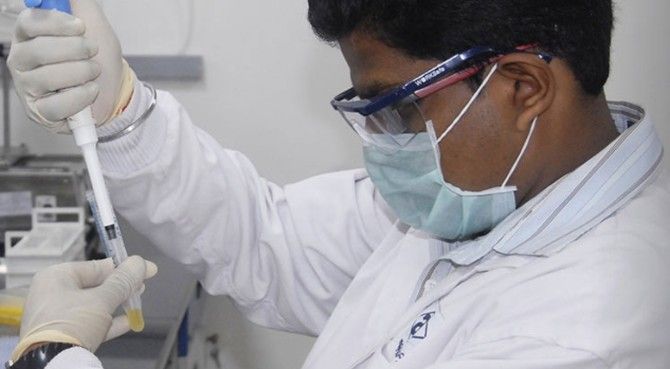The European Medicines Agency’s review is the second setback to Alkem Laboratories.

Alkem Laboratories has been accused by Germany’s health regulator of fudging data on clinical trials of an antibiotic and brain disorder drug. It is the third Indian firm to be scrutinised since 2014 for suspected manipulation of trial data.
The medicines are now being reviewed by the European Medicines Agency (EMA) on the recommendation of the German regulator, which inspected Alkem’s Taloja plant in Maharashtra last March. Alkem was found to have engaged in “intentional misrepresentation” of data and duplicated results of electrocardiogram (ECG) readings of patients in trials, the German regulator said in a notice sent to the EMA on March 24.
The notification announcing a review of medicines was put up on the EMA website on April 1. Alkem did not immediately comment on the development.
The EMA’s review is the second setback to Alkem Laboratories which is amongst the top five drug companies in the domestic market. The company earns over 70 per cent of its revenue from the domestic market while the US contributes about 20 per cent. Europe accounts for a small share of the company’s revenue but it is expanding its presence in some markets such as Germany and the East European nations.
In March, the UK’s Medicines and Healthcare Products Regulatory Agency (MHRA) made eight observations following an inspection at the Taloja plant. Alkem had then said it was responding to the UK health regulator’s observations and did not anticipate any impact on the products it supplies to Europe at present. In recent years, India’s GVK Biosciences and Quest Lifesciences were found to have duplicated ECG data, resulting in the withdrawal of approvals for hundreds of drugs last year.
Data integrity is an issue of serious concern to health regulators in Europe and the US. While Indian companies have stepped up efforts to improve compliance there have been instances when companies have been accused of data fudging.
“Reliability of data and potential of cross contamination of products are of key concern,” Gerald Heddell, MHRA’s director of Inspection, Enforcement and Standards told Business Standard in February responding to a query on concerns regarding the Indian pharma industry.
In case of Alkem the EMA said it was assessing the “benefit-risk” of certain medicines that had received marketing approval based on trials conducted by the company between March 2013 and March 2015.
The drugs include the antibiotic cefuroxime and rulizole, used to treat the neurological disorder amyotrophic lateral sclerosis, sold both by Alkem and Slovenia’s Krka, the EMA said. Alkem was conducting trials on the drugs for Krka.
The German regulator made Alkem aware of its findings on September 8, 2015, according to the notice. Krka did not immediately respond to an email seeking comment.
The German regulator said Alkem’s quality management system “neither avoided nor detected” the data manipulation. The regulator has urged the EMA, the medicines regulator for the European Union, to take necessary action and consider if impacted drugs need to be suspended or recalled.
The EMA’s opinion will be considered by the European Commission, which will take a final decision on the medicines, the EMA said.
Image used for representation purpose only. Photograph, courtesy alkemlabs.com.
* In an earlier version of this report, the use of a Reuters photograph together with the headline ‘Alkem fudged trial data: German regulator’ is potentially misleading about the woman featured in the image, and is outside the scope of our Master Terms.










